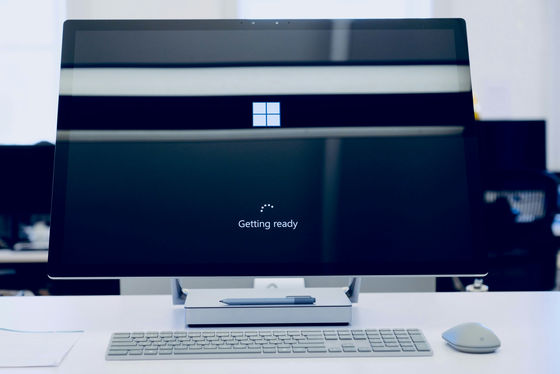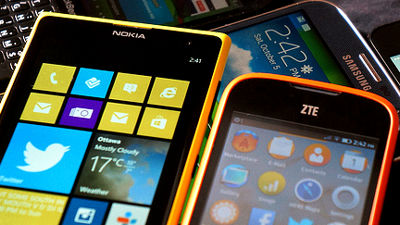It is clear that some PCs have changed from just ``unsupported'' to ``unable to start'' in Windows 11 version 24H2

Windows 11 24H2 goes from “unsupported” to “unbootable” on some older PCs | Ars Technica
https://arstechnica.com/gadgets/2024/02/windows-11-24h2-goes-from-unsupported-to-unbootable-on-some-older-pcs/

Until now, it was possible to start Windows 11, which is not supported, even on old PCs equipped with Intel Core 2 Duo, a CPU from the Windows XP era. However, in the preview version of Windows 11 version 24H2, which was distributed in February 2024, old PCs that were previously ``unsupported'' have been changed to ``unable to start.''
According to Bob Pony, Windows 11 version 24H2 will refuse to boot on older CPUs that do not support an instruction called 'POPCNT'.
So HUGE discovery found in Windows 11 Version 24H2, since build 25905.
— Bob Pony (@TheBobPony) February 11, 2024
A CPU with the instruction 'POPCNT' IS NOW REQUIRED!
There are various system files requiring the POPCNT CPU instruction, from the Windows 11 kernel to the USB XHCI drivers.
Without POPCNT, it doesn't boot! pic.twitter.com/vCWYvzfu6k
According to programmer Vaibhav Sagar , ``POPCNT'' stands for ``population count'' and is used to count the number of bits in machine language.
It is unclear why 'POPCNT' became a CPU instruction that carries the burden of many Windows components, but in version 24H2 of Windows 11, 'Windows kernel', 'system USB and network drivers', and 'other core system files' are Looks like you need this command.
In the latest x86 , 'POPCNT' is implemented as part of the SSE4 instruction set. For Intel chips, 'POPCNT' was first implemented as part of SSE4.2 in the original 1st generation Core architecture that debuted in 2008. In the case of AMD chips, 'POPCNT' was first implemented as part of SSE4a in CPUs such as Phenom, Athlon, and Sempron that adopted AMD K10 that appeared in 2007.
In other words, older PCs equipped with Intel Core 2 Duo, an earlier CPU than the above CPU, or early Athlon 64 will not be able to start Windows 11 version 24H2. However, the people who started Windows 11 on these old PCs were ``retro people who posted videos on YouTube saying, ``I installed Windows 11 on an old device, so let's see how it works.'' 'They are only PC enthusiasts,' foreign media Ars Technica points out.

Windows 11 system requirements are expressed in terms of CPU clock speed, amount of memory (RAM) and storage (ROM) installed on the PC, but in reality they are more difficult to understand. For example, Windows 11's CPU requirements are '8th generation Intel Core CPU or newer, or AMD Ryzen 2000 series CPU or newer', which appears to be driven at least in part by support for 'Mode-Based Execution Control' (MBEC). It looks like. In other words, the presence or absence of support for POPCNT and MBEC, which CPU manufacturers do not mention in their marketing materials, determines whether or not you can start the latest Windows.
Related Posts:
in Software, Posted by logu_ii







